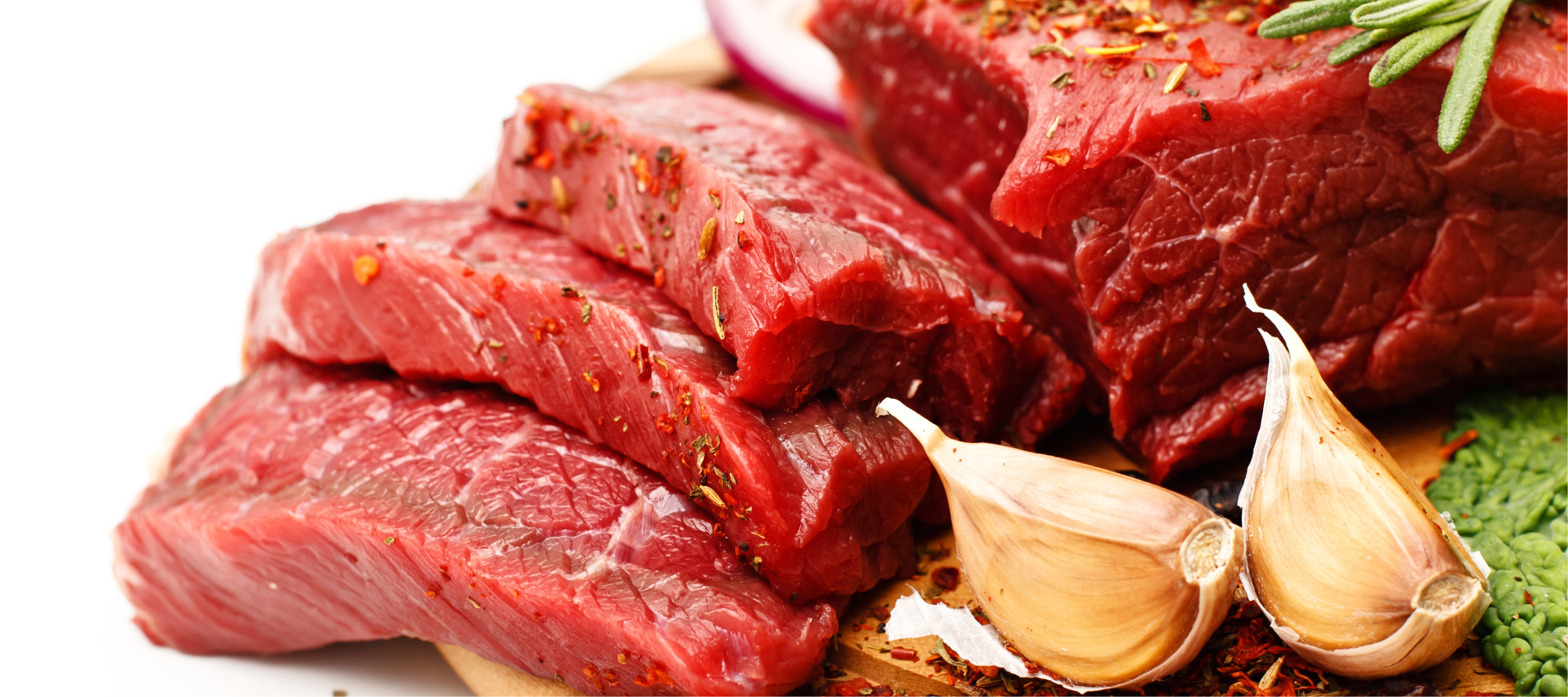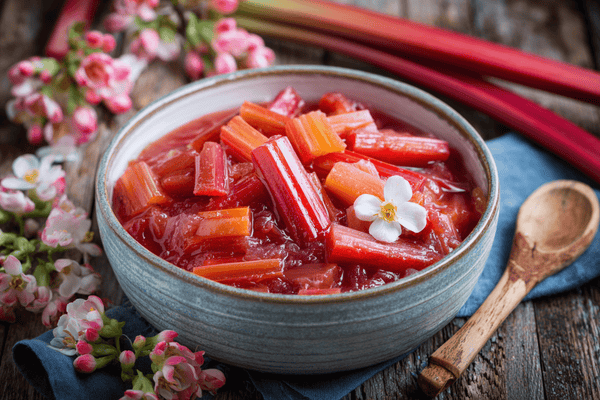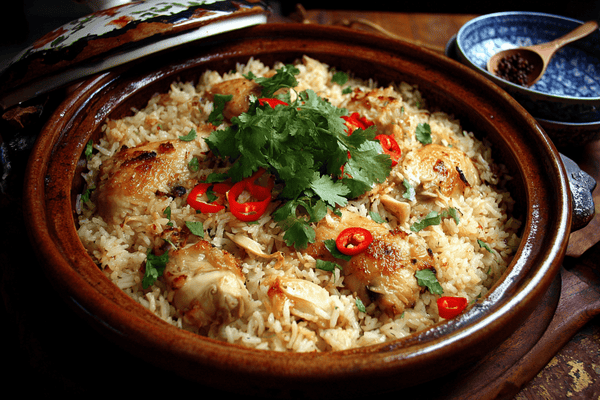 Head down to your local supermarket and take a look at the massive array of herbs and spices on offer. Even for an experienced chef, it can be overwhelming so for those who are new to cooking, the choice can blow your mind.
Head down to your local supermarket and take a look at the massive array of herbs and spices on offer. Even for an experienced chef, it can be overwhelming so for those who are new to cooking, the choice can blow your mind.Choice is a great thing and when it comes to cooking, the vast number of herbs and spices means you could create a different dish every day of the month and still have ideas left over. Whether you use a single flavour or mix them to create a mouthwatering delight, your options are endless and can go far beyond table salt and freshly cracked pepper.
When it comes to seasoning meat, however, you have to be mindful of how different flavours work together. For example, you wouldn’t serve mint with beef; that just doesn’t go. So, let us help you get to grips with the basics of seasoning so you’ll be able to whip up a storm every time you’re in the kitchen.
Table of contents
Seasoning Different Types of Meat
Beef
 What can be better than a nice juicy steak? When it’s cooked right, we strongly believe that there is no better meat than beef. That’s all down to personal preference, of course, but using the right seasoning goes a long way in making the meal perfect.
What can be better than a nice juicy steak? When it’s cooked right, we strongly believe that there is no better meat than beef. That’s all down to personal preference, of course, but using the right seasoning goes a long way in making the meal perfect.One of the things about beef is that it has such a bold flavour. This means that it needs to be paired with ingredients that are just as powerful, otherwise, they’ll make very little difference to the taste. Things like chilli powder, garlic, mustard and cayenne all go well with beef if you like a little kick.
However, if you want something more herbaceous then thyme, oregano, basil and onion all pair excellently with this meat.
Lamb
 Lamb is another favourite meat. It’s oozing with flavour so it’s no wonder it’s so popular in many cuisines including Greek and Indian. It’s got a very rich taste so again, you’ll want to pair it with herbs and spices that can hold their own.
Lamb is another favourite meat. It’s oozing with flavour so it’s no wonder it’s so popular in many cuisines including Greek and Indian. It’s got a very rich taste so again, you’ll want to pair it with herbs and spices that can hold their own.Garlic is a great accompaniment to lamb but so are spices like cumin and turmeric, particularly if you’re making curry. In this case, don’t forget to add a dash of fresh coriander for a real uplifting taste.
On the other hand, you might go for something like mint which is an incredibly popular option where lamb is concerned. Thyme and rosemary also go very well.
Chicken
 Chicken does not have a very strong taste. Many say it can be pretty bland without seasoning. That could be a downfall for this meat but it should be seen as a plus. This essentially means you can pair it with almost anything and still get a tasty result.
Chicken does not have a very strong taste. Many say it can be pretty bland without seasoning. That could be a downfall for this meat but it should be seen as a plus. This essentially means you can pair it with almost anything and still get a tasty result.Again, garlic is a great choice, it goes with almost anything but you might also go for onion, a, rosemary or thyme. Tarragon is a great choice for chicken and has a fresh, earthy taste unlike anything else.
If you prefer, you can make chicken a little sweeter and using citrus or cinnamon is an excellent choice in this case.
Pork
 There’s something of a debate around pork since people cannot agree on whether it is red meat or white meat. If we’re going to get technical then it’s actually white but unlike chicken, it’s far more flavoursome. This means that you can’t just use anything if you want a dish that’s pleasing to the palate.
There’s something of a debate around pork since people cannot agree on whether it is red meat or white meat. If we’re going to get technical then it’s actually white but unlike chicken, it’s far more flavoursome. This means that you can’t just use anything if you want a dish that’s pleasing to the palate.Certain spices like cinnamon, ginger, juniper berries and mustard work well with pork and if you want to give it a really diverse flavour, why not try allspice? Of course, garlic is a no-brainer as this is such a versatile seasoning and you might pair this with one of many herbs like onion, rosemary, thyme or sage.
Dry Rub vs Liquid Marinade
 When you think about marinating meats, you’ll likely imagine a liquid marinade and that’s incredibly common. You can include all kinds of seasoning in these liquids including olive oil, smoked paprika, yellow mustard powder, salt and pepper as well as tens of other herbs and spices. In a lot of cases, chefs will add acidic ingredients such as lemon or lime juice as well to tenderise the meat. These include things like vinegar and citrus juices.
When you think about marinating meats, you’ll likely imagine a liquid marinade and that’s incredibly common. You can include all kinds of seasoning in these liquids including olive oil, smoked paprika, yellow mustard powder, salt and pepper as well as tens of other herbs and spices. In a lot of cases, chefs will add acidic ingredients such as lemon or lime juice as well to tenderise the meat. These include things like vinegar and citrus juices.On the other hand, you might want to use a dry rub. This is different to a marinade in that there is no liquid. You simply mix the dry herbs and spices together and ‘rub’ them onto the meat. The main advantage of this is that you tend to get a better coating so all parts of the meat are covered in flavour. In addition to this, you’ll notice that the flavours get into the meat much more quickly when using a dry rub so it’s great if you’re in a hurry.
When Should You Season Meat?
We talked about the debate over whether pork is red or white meat but there’s also one surrounding when the right time is to season meat. Some people say that you should only add seasoning directly before cooking while others insist that the meat should be seasoned hours in advance. Some chefs add their seasoning whilst a steak cooks, and others will add it at the end. Other chefs will do it days before cooking to really infuse the flavour. But who is right?The earlier you add your seasoning, the more it tenderises the meat so you end up with something much nicer. However, there is a myth that this will dry out the meat but believe us, it’s exactly that; a myth!
The salt in your seasoning may dry the meat out a little in the early stages as it breaks down the proteins but this moisture is quickly reabsorbed so it’s nothing to worry about. The result is a tender, juicy piece of meat that is bursting with flavour. Generally speaking, we would advise seasoning your meat as early as possible.


